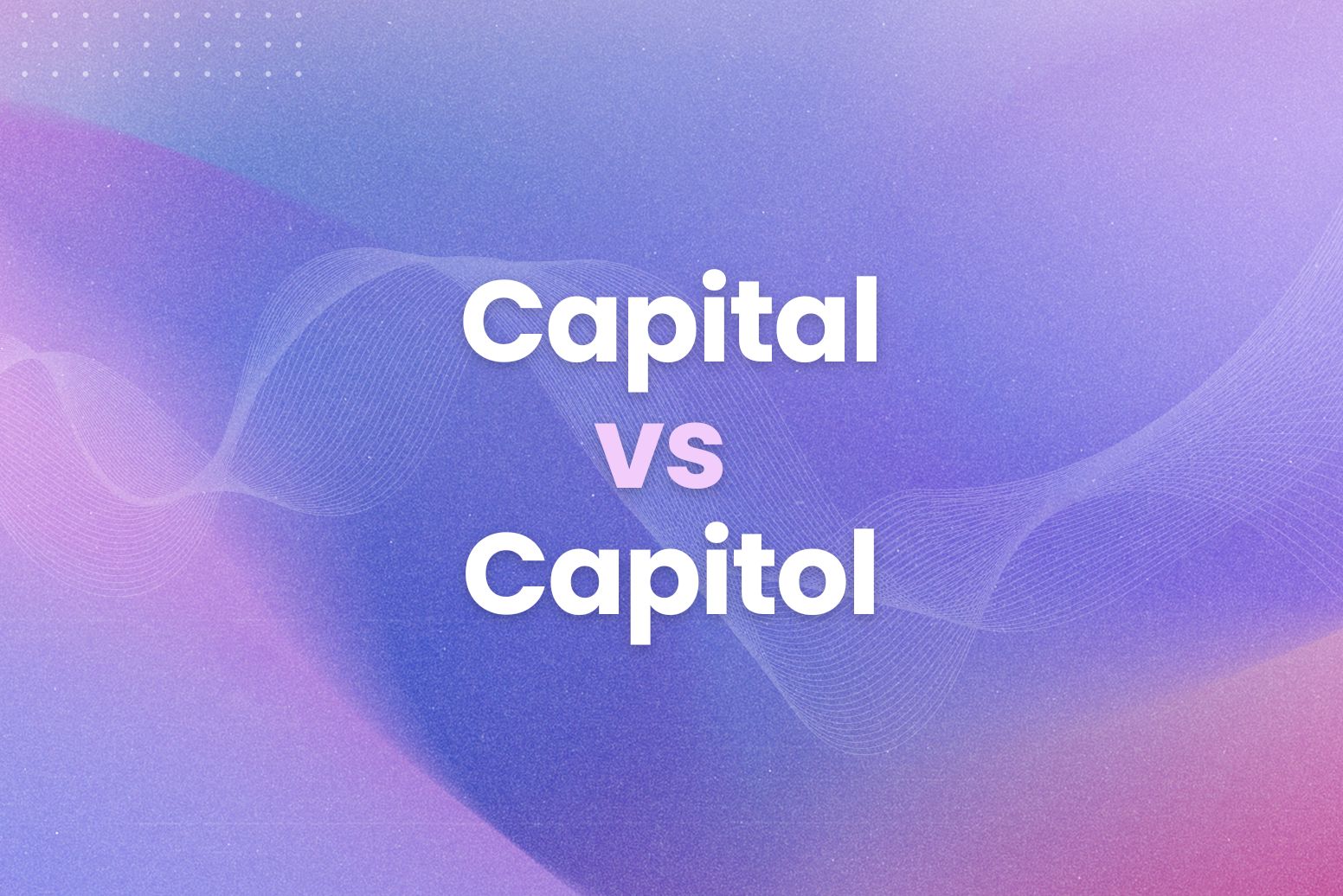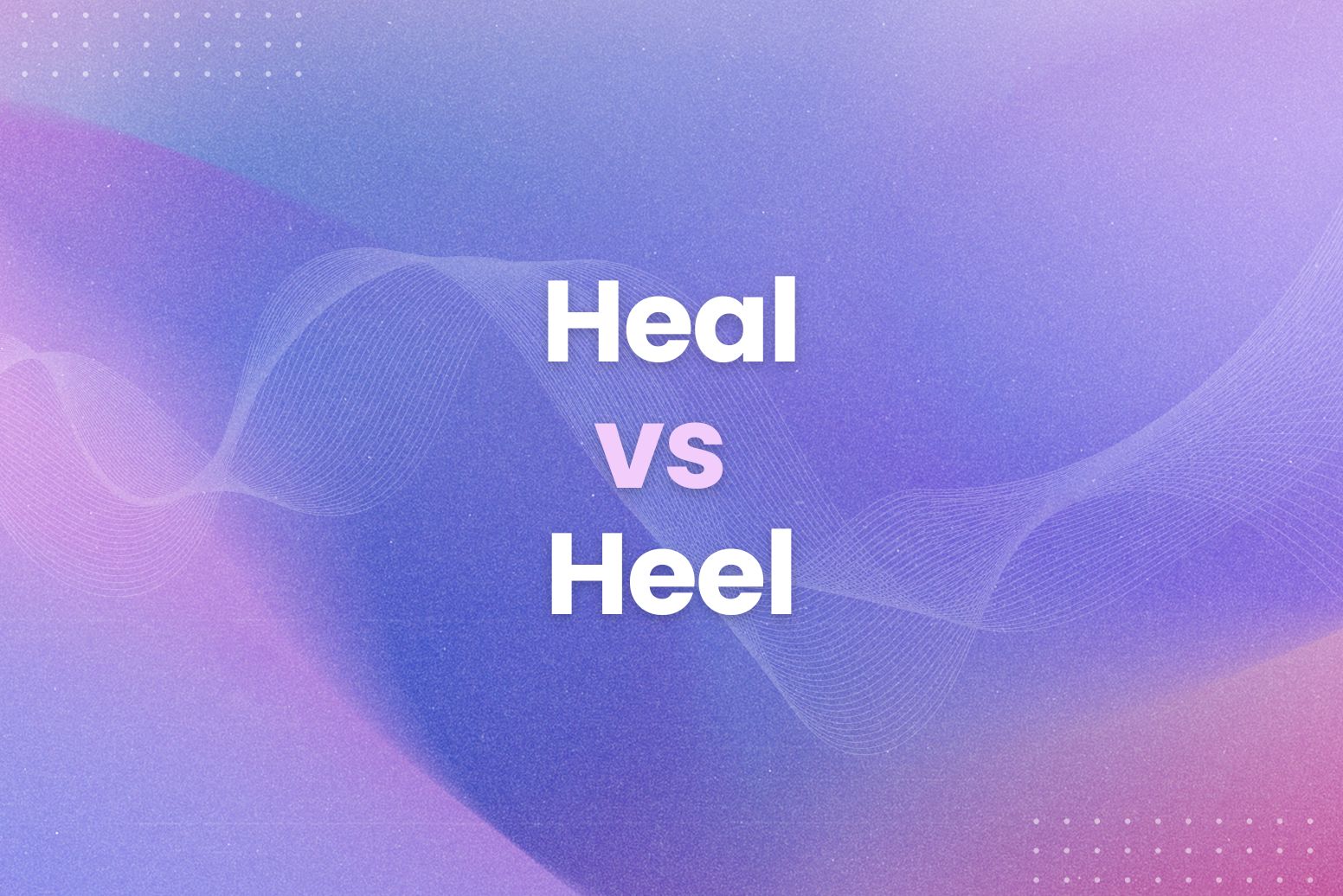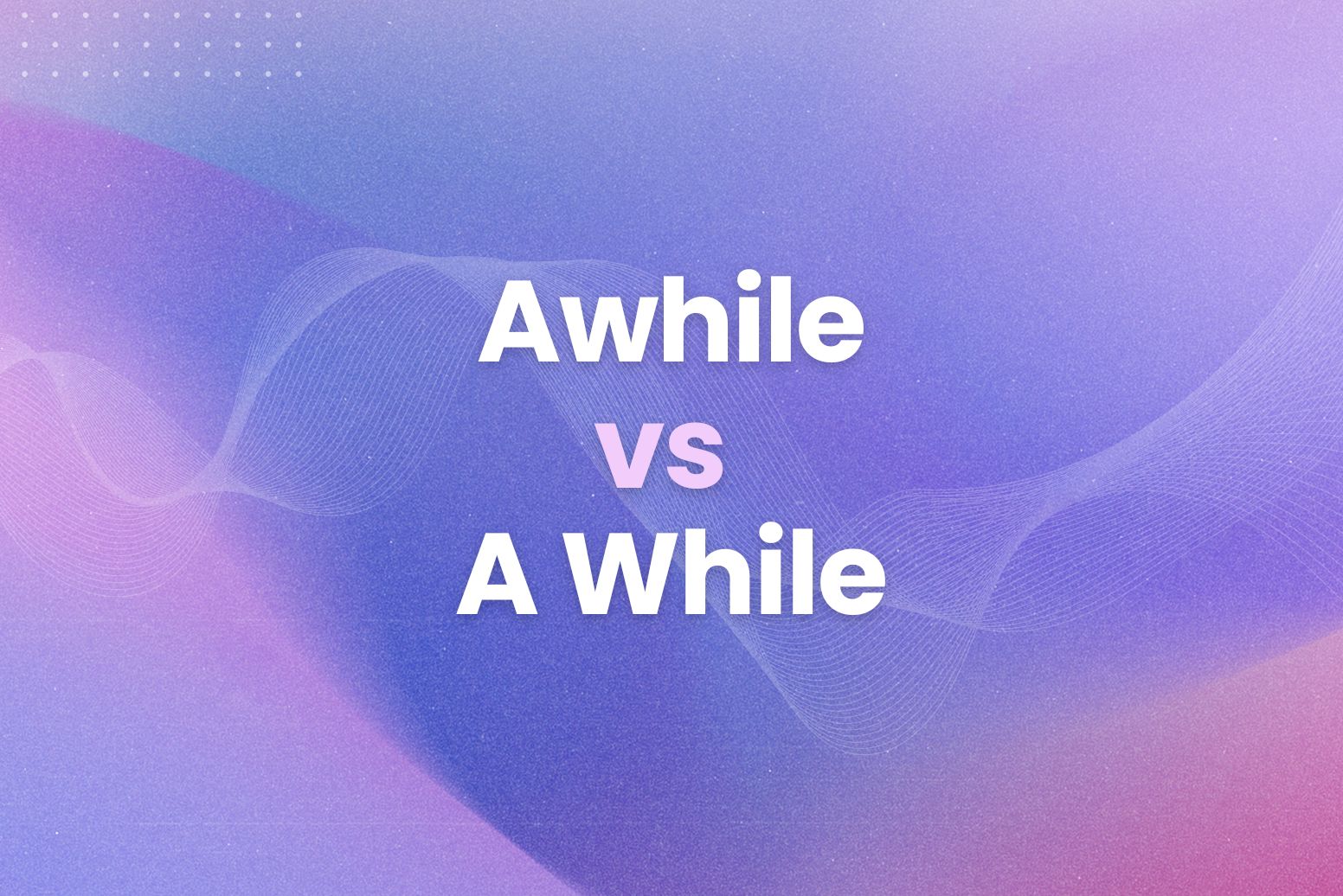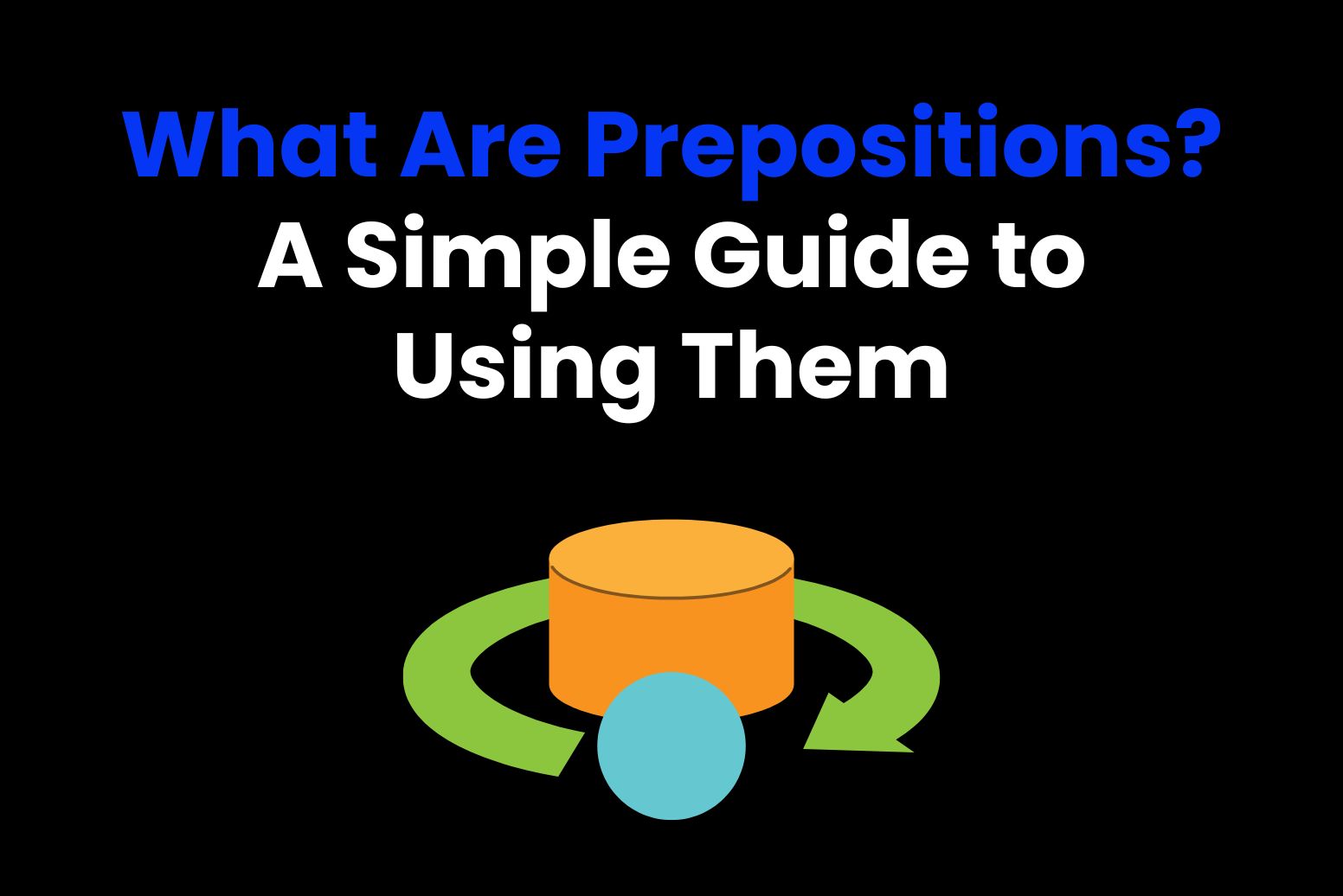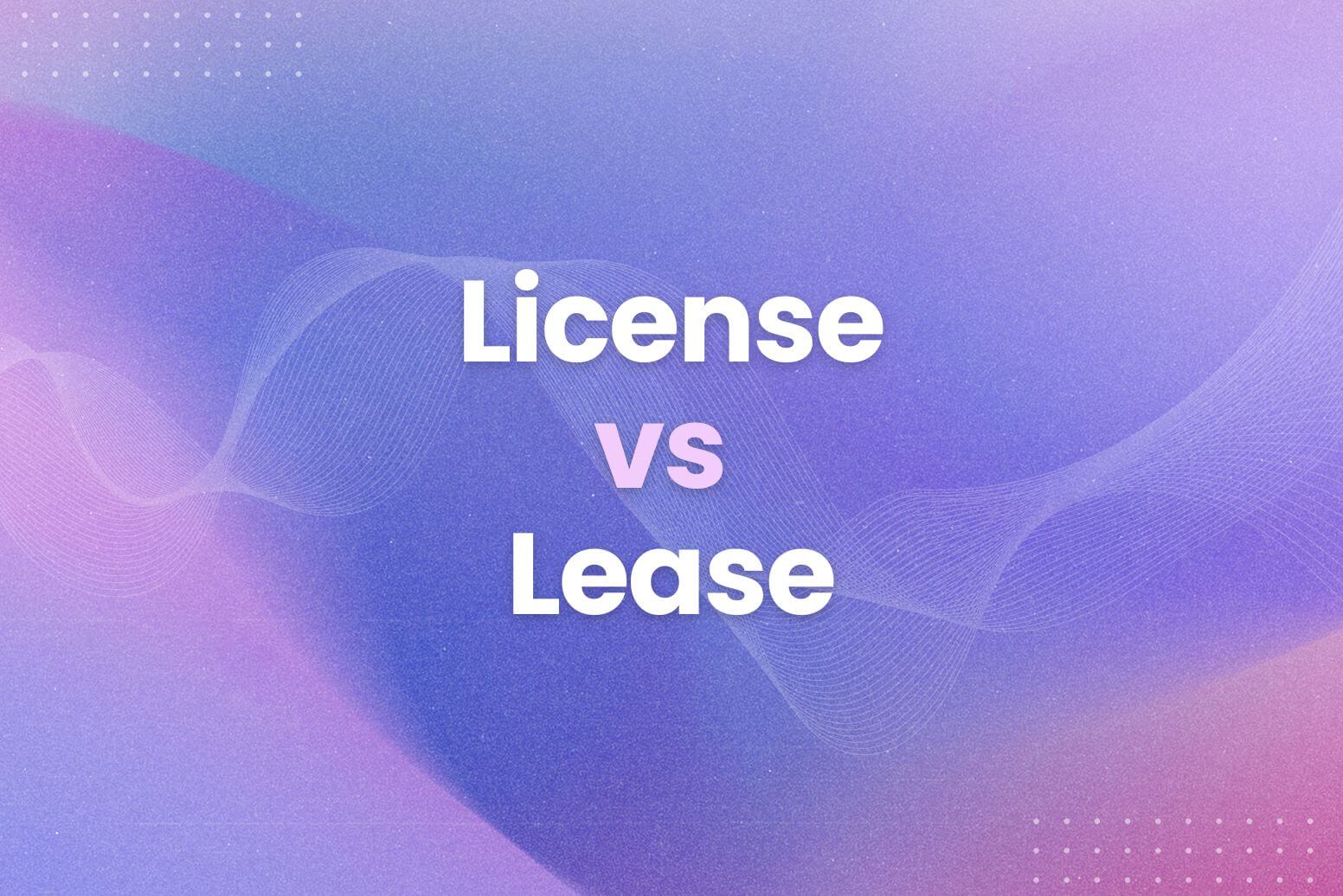Ever typed “capitol” when you meant “capital”? We’ve all been there. Consequently, these two words cause endless confusion. They sound the same, but their meanings are worlds apart. This simple mistake can undermine your writing. Therefore, it’s essential to get it right. This guide will clarify the difference between Capital vs Capitol.
In short, we’ll break down the meanings of “capital” and “capitol.” Further, we’ll provide easy-to-remember tips. Finally, you’ll never mix them up again.
The Definition of Capital
Capital has several meanings. Therefore, understanding the context is key. Firstly, it refers to a city that serves as the seat of government. For instance, Washington, D.C., is the capital of the United States. Similarly, London is the capital of England.
Secondly, capital describes wealth in the form of money or assets. For example, starting a business requires capital. In addition, investments are a form of capital. This meaning is common in finance.
Thirdly, capital can mean excellent or first-rate. For instance, “That’s a capital idea” means it’s a great idea. However, this usage is less common nowadays. So, you’ll likely encounter the first two meanings more often.
Here’s a quick recap:
- City: The center of government.
- Wealth: Money or assets.
- Excellent (less common): First-rate.
Finally, remember that context is everything. Consequently, pay attention to the surrounding words. This will help you determine the correct meaning of capital.
Moreover, if you’re ever unsure, tools like Arvin can provide instant definitions and context. This can save you from embarrassing mistakes. For example, if you’re writing a business proposal and want to ensure you’re using “capital” (money) correctly, you can use Arvin to check your grammar and usage in real-time. This is a capital idea, isn’t it?
The Definition of Capitol
Capitol has a much more specific meaning. That is to say, it almost always refers to a building. Specifically, it’s the building where a legislative body meets. For example, the U.S. Capitol Building in Washington, D.C., houses Congress. Similarly, many U.S. states have their own capitol buildings.
In other words, think of it as the physical structure. It’s a place where lawmakers gather. Therefore, when you’re talking about a building, capitol is usually the correct choice.
Here’s a simple way to remember it:
- Capitol: A building (think domes and columns).
Furthermore, notice the “O” in capitol and think of the dome often found on capitol buildings. This is a simple trick. However, it can be very effective.
Memory Tricks to Distinguish Capital vs Capitol
So, capital has multiple meanings, while capitol almost always refers to a building. But how can you remember which is which? Here are a few tricks:
- Capital = City: Think capital city. This connects the word to its most common usage. For example, “Paris is the capital of France.” This is a simple connection. However, it’s very effective.
- Capitol = Dome: As mentioned before, many capitol buildings have domes. Therefore, the “O” in capitol can remind you of that dome. This is a visual cue. Consequently, it makes it easier to remember.
- Capital = Money: Think of capital as in financial capital. This links it to wealth and assets. In addition, this is another common use of the word.
- Capitol = People: Think of the people inside the building. The legislators. The staff. The visitors. This is another association that can help you remember.
Furthermore, consider this: if you’re talking about the place where laws are made, it’s capitol. If you’re talking about anything else – a city, money, or even excellent – it’s capital.
For instance, you might say, “The capital of California is Sacramento,” but “The California Capitol building is located in Sacramento.” These examples highlight the difference clearly.
Examples of Correct Usage
Now that we’ve covered the definitions and memory tricks, let’s look at some examples. This will solidify your understanding. Consequently, you’ll be able to use these words with confidence.
Here are some examples of capital in use:
- “London is the capital of England.” (City)
- “She invested her capital in the stock market.” (Money)
- “That’s a capital idea.” (Excellent – less common)
And here are some examples of capitol in use:
- “We visited the Capitol Building in Washington, D.C.” (Building)
- “The state legislature meets in the capitol.” (Building)
- “Protesters gathered outside the capitol.” (Building)
Furthermore, notice how the context always makes the meaning clear. For example, you wouldn’t say, “She invested her capitol in the stock market,” unless you’re talking about investing in the building itself, which is highly unlikely.
Similarly, you wouldn’t say, “London is the capitol of England,” unless London is the building itself. This would be incorrect.
So, if you’re still not sure, here’s a quick test: Can you replace the word with “building”? If so, it’s capitol. If not, it’s capital.
Conquer Capital vs. Capitol with Arvin
Capital vs capitol can be tricky, but understanding their distinct meanings and using our memory tricks will set you up for success. Consequently, you can avoid common writing pitfalls.
Here are the key takeaways on capital vs capitol:
- Capital refers to a city, money, or (less commonly) something excellent.
- Capitol refers to a building where a legislative body meets.
- Remember “Capital City” and the dome on the “Capitol” building.
- Context is crucial for determining the correct word.
Now, imagine having a tool that can instantly confirm your word choice every time. That’s where Arvin comes in. With its advanced grammar checking powered by GPT-4, Arvin ensures you’re using capital and capitol correctly in any context, on any webpage. As a result, you can write confidently, knowing Arvin has your back. So, give Arvin a try and say goodbye to capital vs. capitol confusion forever.
FAQs on Capital vs Capitol
What is the difference between capital and capitol?
Capital has multiple meanings: a city that is the seat of government, money or assets, or (less commonly) something excellent. Capitol almost exclusively refers to a building where a legislative body meets.
Is D.C. a capital or capitol?
Washington, D.C., is both. It’s the capital of the United States (the city). The U.S. Capitol Building is located in Washington, D.C. (the building).
Is it a capital or an capitol?
It’s a capital. “Capitol” begins with a consonant sound, so we use the article “a.”
Is London a capital or capitol?
London is a capital (the city). There is no “capitol” building in London in the same way there is in Washington D.C. or in a US state. The equivalent would be the Palace of Westminster, where the UK Parliament meets, but it’s not referred to as a “capitol.”

